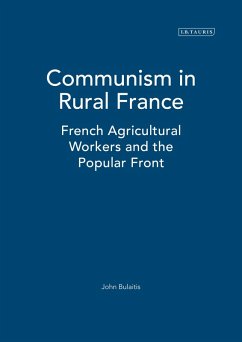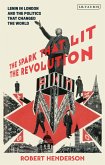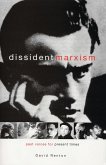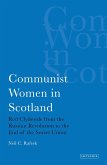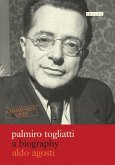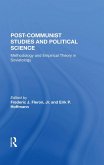The French Communist Party has traditionally been identified with the urban working class but paradoxically its position as France's main left-wing party was dependent upon support from the countryside. "Communism in Rural France" explores for the first time the party's complex and often misunderstood relationship with agricultural labourers.During 1936 and 1937 a bitter struggle between agricultural workers and farmers swept through parts of the French countryside. Coinciding with the urban 'social explosion' which followed the victory of the Popular Front government, the strikes, farm occupations and increased unionisation panicked farmers and shocked right-wing opinion, which blamed the spread of the 'corrupting' collectivist influences of urban society into the countryside on the French Communist Party."Communism in Rural France" traces the evolution and characteristics of the agricultural workers' movement from the turn of the 20th century through the inter-war years, as well as the response of the government and the resistance organised by farmers during 1936-37.
By focussing on agricultural workers, John Bulaitis sheds light on a section of the rural population that has been generally overlooked in French rural and labour history. "Communism in Rural France" explores their relationship with the French Communist Party and illuminates an important and previously neglected aspect of European politics.
By focussing on agricultural workers, John Bulaitis sheds light on a section of the rural population that has been generally overlooked in French rural and labour history. "Communism in Rural France" explores their relationship with the French Communist Party and illuminates an important and previously neglected aspect of European politics.

